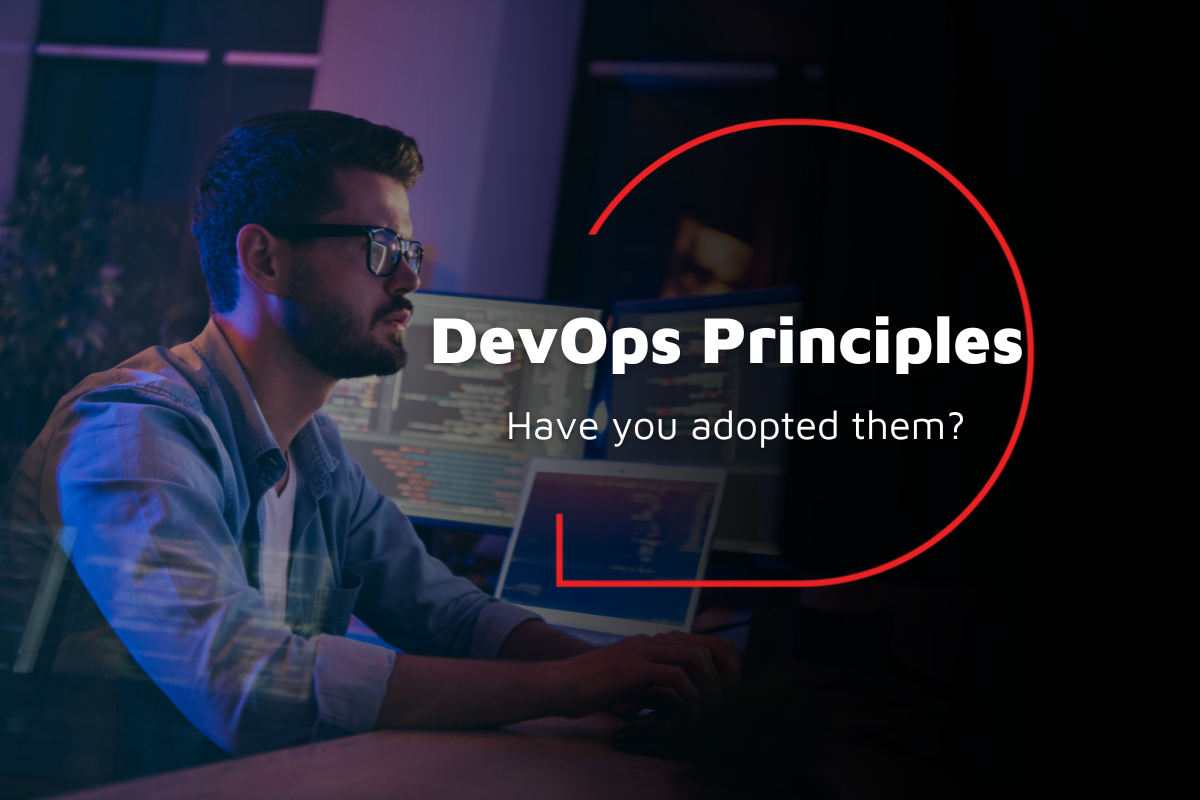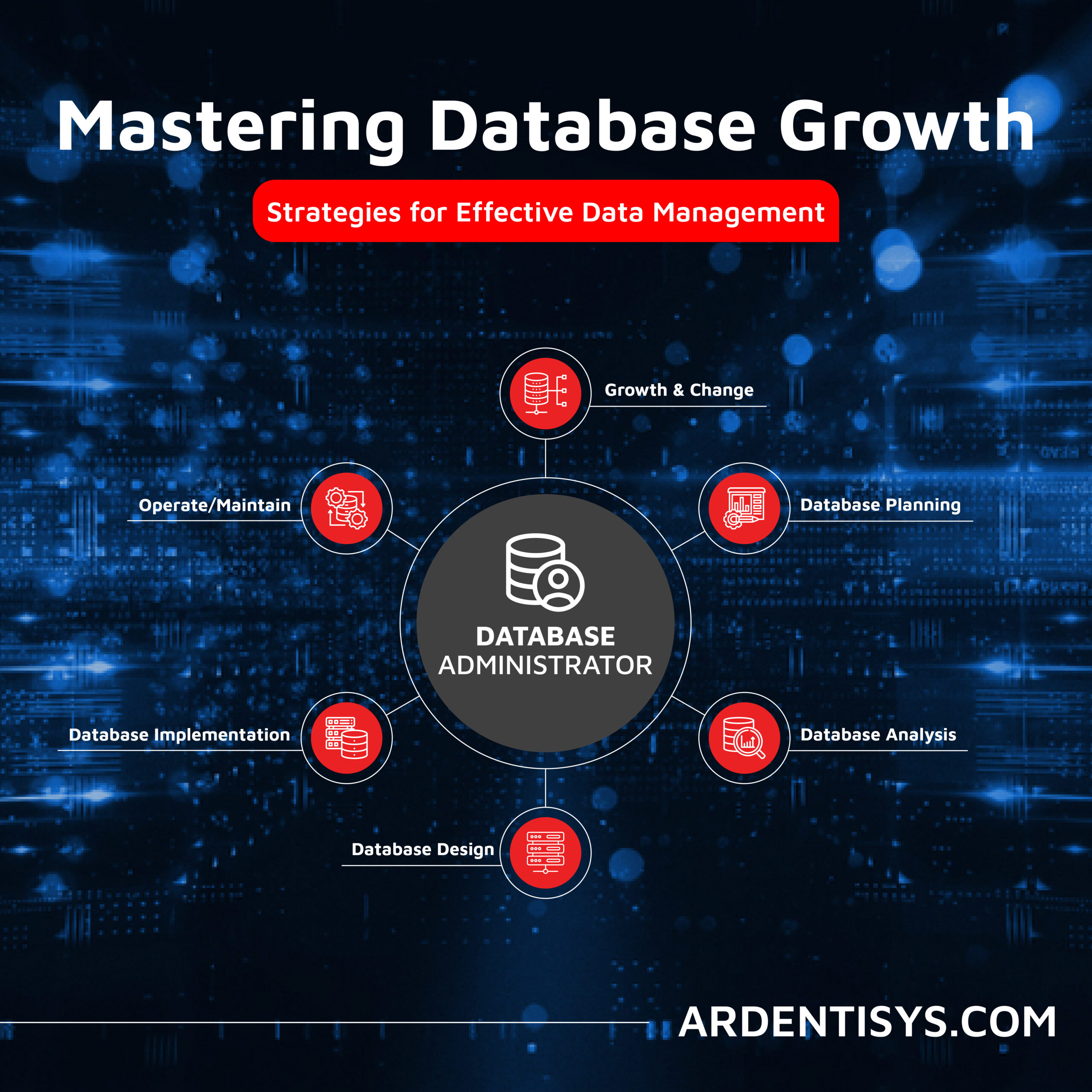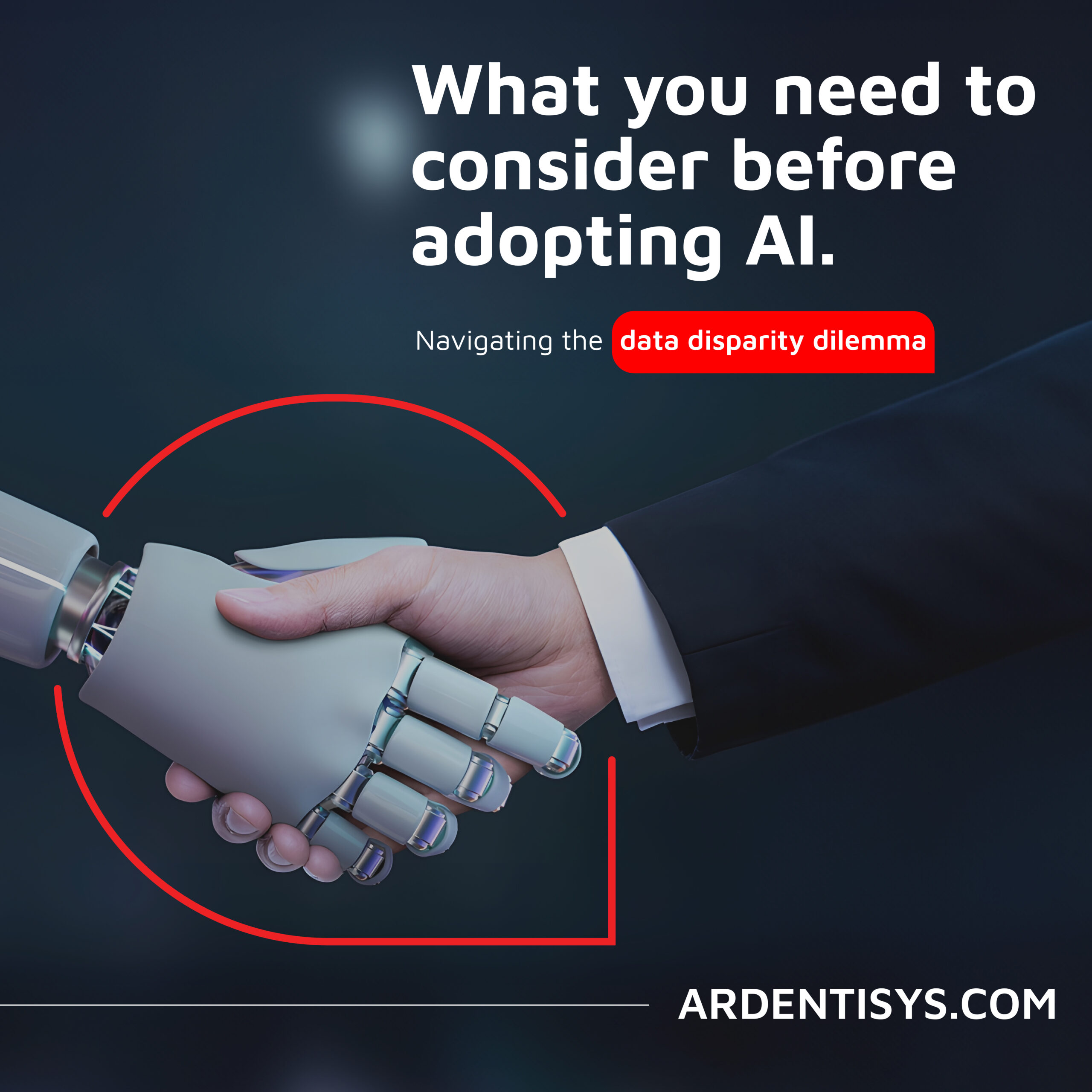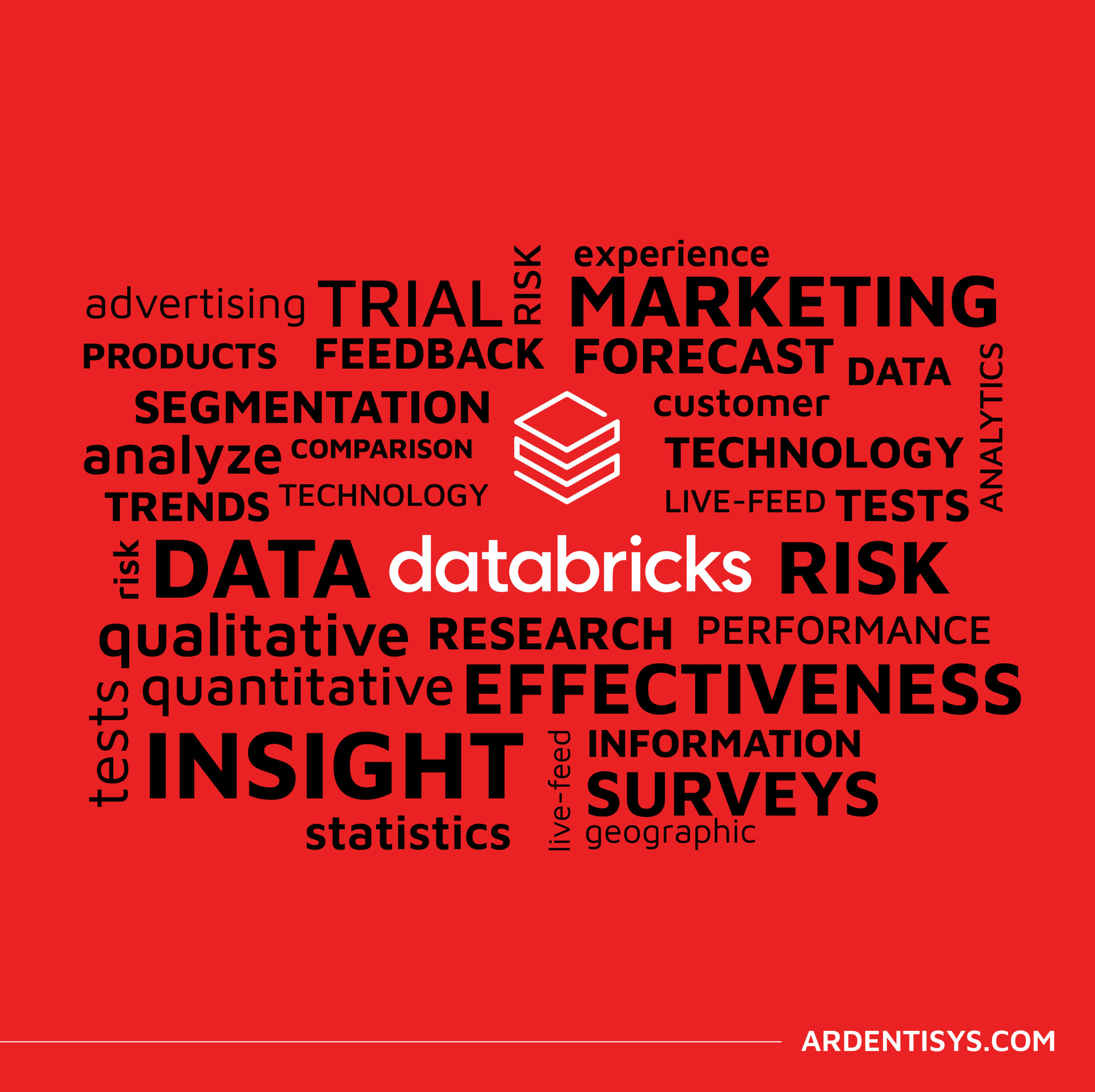DevOps Principles – have you adopted them?
24 February 2023 | Noor Khan

DevOps is a process that involves collaboration, communication, a holistic approach to development, and using the right technology partners to focus on the end-user of the project.
DevOps principles include:
- Automation
- Incremental releases
- Structured pipelines
- Effective monitoring
- Feedback
- Collaboration and communication
- Version control
- Improved performance, integration, and delivery
Within the structure of DevOps, there are various models which can be utilised to further improve this agile approach.
Culture, Automation, Measurement, and Sharing (CAMS)
The CAMS model of DevOps principles was created by John Willis and Damon Edwards and is a popular choice of values for many DevOps engineers. This specific framework focuses on these four areas and provides a structured approach for development, creation, and application.
Culture
Arguably the most important part of the DevOps process, culture covers a range of practices and requires organisations to embrace the DevOps practices across the entire business.
Focuses in the culture section may include:
- The utilisation of techniques such as SCRUM
- Creation of communication channels
- Engaging in retrospectives and feedback analysis
Trial-and-error and examination of problems and resolution tactics may be required.
Automation
In order to increase speed, reduce time wastage, improve problem detection, and make the best use of a project budget, automation is required.
The initial investment (both in time and resources) can be substantial, but the automation process sees a return on investment (ROI) delivered over time once operational.
Measurement
Continuous improvement is essential for the DevOps process. Monitoring must be conducted at every stage of the process, in order to understand what the existing benchmark is, how the process is performing, and what needs improving; this also requires a firm understanding of key technologies for operational monitoring and support.
A data-driven approach based on facts, rather than opinions, requires measurements of Key Performance Indicators (KPIs) and asking questions.
Sharing
The final element of the process requires visibility, transparency, and effective knowledge sharing.
This means that teams know what was done (and who did what), how the process went (including any problems or escalated feedback), and what they will need to do to either repeat an action or improve it going forward.
This stage is absolutely crucial for effective DevOps to function.
James Turnbull believes DevOps is dead
Author and Australian free software engineer James Turnbull is an influential figure in the data engineering arena and has written extensively on engineering, operations, security, and open-source software.
He believes that DevOps is about tools, and enabling engineers to do their work, and is a tool for problem-solving. With changes in technology, and updated processes, he still sees a space for DevOps and its usefulness, however, there are other systems and approaches.
Alternatives to DevOps
Not every team needs or wants to change their organisational structure, or implement every step that comes with DevOps processes, and may look at alternatives.
Agile development can be seen as a different process from DevOps, with more flexibility and the ability to build a structure that meets individual needs. When looking to adopt or adapt a new process for your team, it is important to determine what your team are comfortable with and how they work, so you can create a working environment that harnesses their full potential, as well as provide the most cost and resource-effective solution.
Explore SRE Vs DevOps to find out what’s right for you.
Ardent DevOps and Operational Monitoring Services
Ardent provides DevOps and operational monitoring to a number of our software and data clients that require continuous uptime, swift error detection and resolution and consistent high performance. If you are looking to adopt the DevOps approach of continuous improvement and innovation, we can help. Our software and data engineers are highly skilled in world-leading technologies that can help you maximise the potential of your software and data.
Read about our clients succeeding with ongoing operational monitoring and support:
Get in touch to find out more or explore our operational monitoring and support services.
Ardent Insights

Overcoming Data Administration Challenges, and Strategies for Effective Data Management
Businesses face significant challenges to continuously manage and optimise their databases, extract valuable information from them, and then to share and report the insights gained from ongoing analysis of the data. As data continues to grow exponentially, they must address key issues to unlock the full potential of their data asset across the whole business. [...]
Read More... from DevOps Principles – have you adopted them?

Are you considering AI adoption? We summarise our learnings, do’s and don’ts from our engagements with leading clients.
How Ardent can help you prepare your data for AI success Data is at the core of any business striving to adopt AI. It has become the lifeblood of enterprises, powering insights and innovations that drive better decision making and competitive advantages. As the amount of data generated proliferates across many sectors, the allure of [...]
Read More... from DevOps Principles – have you adopted them?

Why the Market Research sector is taking note of Databricks Data Lakehouse.
Overcoming Market Research Challenges For Market Research agencies, Organisations and Brands exploring insights across markets and customers, the traditional research model of bidding for a blend of large-scale qualitative and quantitative data collection processes is losing appeal to a more value-driven, granular, real-time targeted approach to understanding consumer behaviour, more regular insights engagement and more [...]
Read More... from DevOps Principles – have you adopted them?






